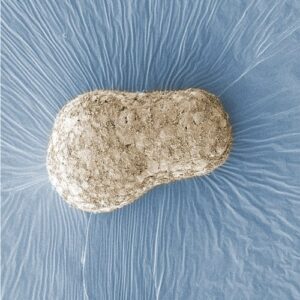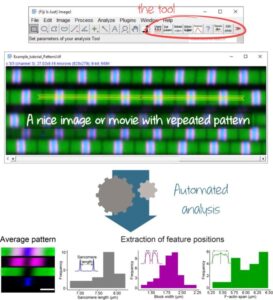Chronic pain is a heavily debilitating condition and a huge socio-economic burden, with no efficient treatment. The contribution of gut microbiota to the pathogenesis of chronic somatic (non visceral) pain is poorly documented.
In this study from Moqrich group (IBDM), male but not female mice lacking Myosin1a (KO) raised under single genotype housing conditions (KO-SGH) were found to be predisposed to develop chronic pain in response to a peripheral tissue injury. In this mouse model, the authors identified alterations in the composition of gut microbiota (dysbiosis) and showed that this dysbiosis functionally contributes to the vulnerability to injury-induced chronic pain of KO-SGH males. Furthermore, this dysbiosis was accompanied by a transcriptomic activation signature in the dorsal root ganglia (DRG) macrophage compartment, in response to tissue injury. In vivo depletion of DRG macrophages rescued KO-SGH males from injury-induced chronic pain. This underscores DRG macrophages as effector cells, with a potential to bridge signals from the gut microbiota and the vulnerability to chronic pain.
Together, these findings bring novel concepts to the Pain Research field, by revealing gene-sex-microbiota interactions in determining the predisposition to injury-induced chronic pain.




